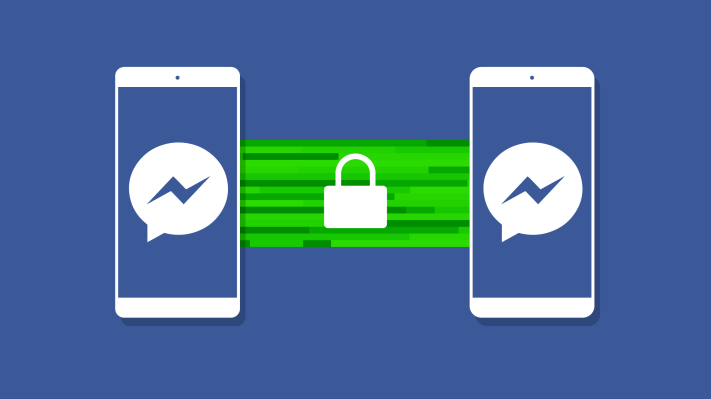In an open letter which was addressed to Facebook today, government officials from the United States, United Kingdom and Australia have requested that Facebook forget its plans to provide end to end encryption across its messaging apps.
“We are writing to request that Facebook does not proceed with its plan to implement end-to-end encryption across its messaging services without ensuring that there is no reduction to user safety and without including a means for lawful access to the content of communications to protect our citizens.
William Barr, Kevin McAleenan, Priti Patel, Peter Dutton
The letter was signed by U.S. Attorney General William Barr, acting U.S. Homeland Security Secretary Kevin McAleenan, U.K. Home Secretary Priti Patel and Australia’s minister for home affairs, Peter Dutton. The trio gave the social media platform the option of leaving the encryption but creating a backdoor.


The backdoor will be a means for law enforcement agents to have legal access, on request, to the communication flow between users of Facebook’s apps.
William Barr, Kevin McAleenan, Priti Patel, Peter Dutton
“We therefore call on Facebook and other companies to take the following steps:
· Embed the safety of the public in system designs, thereby enabling you to continue to act against illegal content effectively with no reduction to safety, and facilitating the prosecution of offenders and safeguarding of victims;
· Enable law enforcement to obtain lawful access to content in a readable and usable format;”
Adhering to the wishes of the government as stipulated in the letter will mean that a ghost protocol will be put in place. This infers that a government agent can be authorised to be a silent listener and eavesdrop on people’s conversations for “security reasons?.
However, in a response letter from Facebook, the tech company is strongly taking a stand against any measure that will encroach on the privacy of its users.
“We believe people have the right to have a private conversation online, wherever they are in the world. As the US and UK governments acknowledge, the CLOUD Act allows for companies to provide available information when they receive valid legal requests and does not require companies to build backdoors.”
Facebook
Implications of removing E2E encryption
This move by the three countries follows a recent bill the Kenyan government passed to that would enable it oversee private activities of its citizens online. The proposed bill requires getting a licence before any user can create a WhatsApp or Facebook group.
According to the bill, activities including “online publishing and discussion, media sharing, blogging, social networking, document and data sharing repositories, social media applications, social bookmarking and widgets” should not be carried out without authorisation.
If Facebook bows to this pressure, the controversial bill by the Kenyan government becomes legitimised. The government gets, hassles-free, the backdoor it seeks to access chats looking for whatever it terms “inappropriate content”.


Other African governments have also shown a growing desire to censor people’s internet activities. This censorship often is justified by the need to prevent people from misusing the internet.
In Nigeria, the Advertising Practitioners Council of Nigeria (APCON) recently announced that it wanted to censor the types of advertisements that are being put online.
Recently too, the Chadian government limited access of its citizens to the internet (it has since been lifted) because it wanted to “restrict the abuse of the internet.”
Considering the precedents set by these governments, it is to be expected that the backdoor – if eventually, the western governments have their way with Facebook – could become weaponised in the name of “citizen safety”.
It’s also important to note that there is no such thing as “this backdoor is just my backdoor”. Allowing any at all in the codebase of social media apps also means that hackers are invited to try and breach the security of the apps. This increases the odds stacked against users of these apps and puts their privacy at the mercy of hackers.






